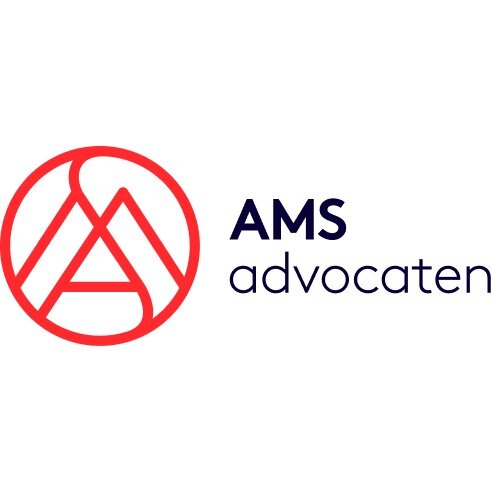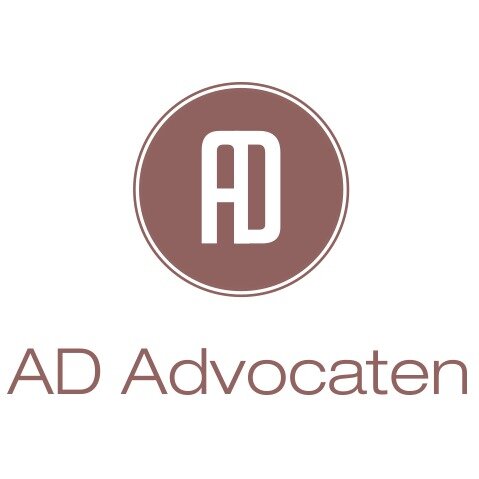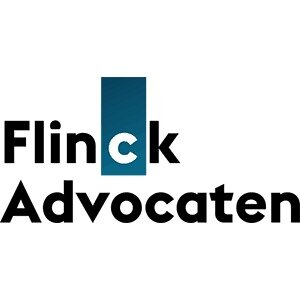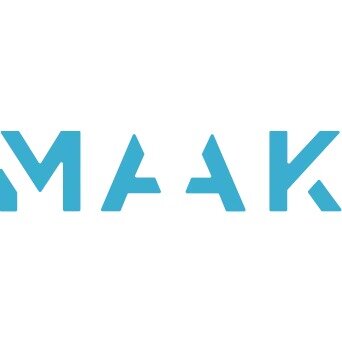Best Mining Law Lawyers in Amsterdam
Share your needs with us, get contacted by law firms.
Free. Takes 2 min.
List of the best lawyers in Amsterdam, Netherlands
About Mining Law in Amsterdam, Netherlands
Mining Law in the Netherlands regulates the exploration, extraction, and management of mineral resources, including the use of subsoil for activities such as oil, gas, salt, and gravel extraction. While Amsterdam itself is a highly urbanized area where mining activities are limited, the city can be affected by regional mining operations or projects, especially regarding environmental concerns, underground infrastructure, and land use rights. The main legislative act governing mining activities in the Netherlands is the Dutch Mining Act (Mijnbouwwet), which provides legal frameworks for permits, operational procedures, environmental standards, and safety controls.
Why You May Need a Lawyer
There are several circumstances under which individuals, companies, or landowners in Amsterdam might require legal advice or representation in relation to Mining Law:
- Seeking or challenging mining permits or concessions
- Resolving land use or property disputes related to subsoil rights
- Navigating the environmental regulations linked to mining or drilling activities
- Addressing compensation or damage claims due to mining-induced subsidence or other impacts
- Ensuring compliance with health and safety obligations
- Engaging in negotiations or contractual arrangements with mining companies or governmental bodies
- Understanding the implications of mining activities on real estate transactions
- Challenging administrative decisions or enforcement actions by authorities
A legal specialist in Mining Law can provide critical advice, draft or review legal documents, represent parties in negotiations, and ensure clients' interests are protected throughout regulatory processes.
Local Laws Overview
The central legal instrument governing mining activities in the Netherlands is the Mining Act (Mijnbouwwet). This act, as well as related regulations and implementing orders, governs the licensing, operation, safety, and environmental controls over extraction of minerals and the use of subsoil. Key aspects relevant to Amsterdam include:
- Permitting: All exploration and extraction activities require government permits, often involving rigorous environmental impact assessments.
- Environmental Controls: Activities must not endanger public interests or environmental health. This may require adherence to strict environmental protection measures and ongoing monitoring.
- Safety and Liability: Operators must follow detailed safety protocols and may be held liable for damage resulting from mining activities, such as ground subsidence.
- Landowner Rights: Although the state owns subsoil mineral rights, agreements with surface landowners-including those in urban settings like Amsterdam-may be necessary, particularly where operations might affect property or infrastructure.
- Compensation: Individuals or businesses affected by mining activities can seek formal compensation from operators or the government.
- Dispute Resolution: Disputes may be resolved through administrative proceedings or the civil courts.
The Municipality of Amsterdam typically becomes involved when there are implications for urban infrastructure, zoning, or environmental welfare.
Frequently Asked Questions
What is considered mining under Dutch law?
Mining covers the exploration and extraction of minerals such as oil, natural gas, salt, geothermal energy, and construction materials from the subsoil, as regulated by the Mining Act.
Do I need a permit to conduct mining activities in or near Amsterdam?
Yes, all mining activities in the Netherlands require permits from the Ministry of Economic Affairs and Climate Policy. Urban areas like Amsterdam face stricter scrutiny due to population density and infrastructure.
Can a private landowner in Amsterdam grant rights for mining?
No, subsoil mineral rights are owned by the state. However, landowners must be consulted if activities will directly affect their property or require access to the surface.
What environmental safeguards exist in Mining Law?
Operators must comply with strict environmental standards. Environmental impact assessments, mitigation measures, and continuous monitoring are required to minimize risks to people and the environment.
How are damages from mining activities compensated?
Affected parties can formally request compensation from mining operators. If there is disagreement, claims can be brought before civil courts or relevant administrative authorities.
What are the main government bodies involved in Mining Law regulation?
The Ministry of Economic Affairs and Climate Policy oversees permitting. The State Supervision of Mines supervises technical and safety matters. Local municipalities may also be involved in zoning and land use decisions.
Are there special rules for underground infrastructure in cities like Amsterdam?
Yes, any mining or drilling activity near urban infrastructure-such as tunnels, metro lines, or historic buildings-must go through additional safety checks and municipal consultations.
What happens if a mining permit is denied?
Applicants will be given written reasons for the denial and have the right to appeal or seek judicial review against administrative decisions.
Can mining activities be stopped due to public opposition or environmental risks?
Yes, legal mechanisms allow for suspension or revocation of permits, especially if activities present risks to public safety or the environment.
How long does the permitting process typically take?
The process can take several months to over a year, depending on project complexity, environmental impact, and stakeholder engagement requirements.
Additional Resources
- Ministry of Economic Affairs and Climate Policy - Responsible for mining permits and regulatory oversight
- State Supervision of Mines (Staatstoezicht op de Mijnen, SodM) - Supervises technical, environmental, and safety compliance
- Netherlands Enterprise Agency (Rijksdienst voor Ondernemend Nederland, RVO) - Provides information on permits and regulations
- Municipality of Amsterdam - Involved in local land use and infrastructure matters
- Dutch Environmental Protection Agency - Offers information on environmental regulations
- Dutch Bar Association - For finding qualified Mining Law specialists
Next Steps
If you require legal assistance with Mining Law in Amsterdam, begin by identifying the specific nature of your issue-such as permitting, environmental concerns, property rights, or compensation. Gather all relevant documents and communications. It is highly recommended to consult with a legal specialist in Mining Law who has experience in both Dutch national legislation and local Amsterdam procedures. You may contact the Dutch Bar Association to find a suitable lawyer or approach one of the governmental bodies for general guidance. Always ensure proper legal representation before engaging in any negotiation, administrative hearing, or court process to protect your interests and ensure compliance with all applicable Dutch laws and regulations.
Lawzana helps you find the best lawyers and law firms in Amsterdam through a curated and pre-screened list of qualified legal professionals. Our platform offers rankings and detailed profiles of attorneys and law firms, allowing you to compare based on practice areas, including Mining Law, experience, and client feedback.
Each profile includes a description of the firm's areas of practice, client reviews, team members and partners, year of establishment, spoken languages, office locations, contact information, social media presence, and any published articles or resources. Most firms on our platform speak English and are experienced in both local and international legal matters.
Get a quote from top-rated law firms in Amsterdam, Netherlands — quickly, securely, and without unnecessary hassle.
Disclaimer:
The information provided on this page is for general informational purposes only and does not constitute legal advice. While we strive to ensure the accuracy and relevance of the content, legal information may change over time, and interpretations of the law can vary. You should always consult with a qualified legal professional for advice specific to your situation.
We disclaim all liability for actions taken or not taken based on the content of this page. If you believe any information is incorrect or outdated, please contact us, and we will review and update it where appropriate.












